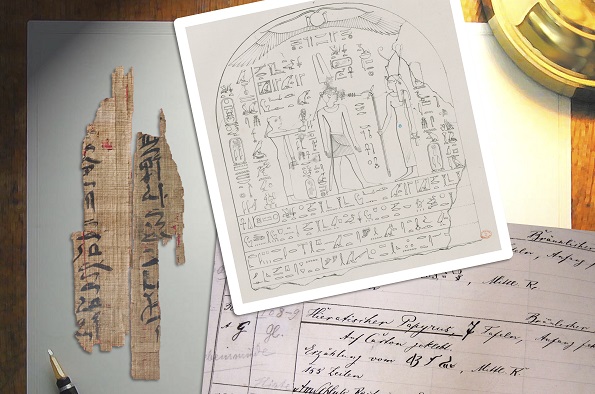
Liverpool Egyptology Seminar: 'The herdsman, the goddess, and the princess: a re-examination of the origins of the Egyptian love poetry tradition, and the place of the Tale of the Herdsman in Egyptian literature' (Dr. Marina Escolano-Poveda, University of Liverpool – Eberhard Karls Universität Tübingen)
Add this event to my calendar
Click on "Create a calendar file" and your browser will download a .ics file for this event.
Microsoft Outlook: Download the file, double-click it to open it in Outlook, then click on "Save & Close" to save it to your calendar. If that doesn't work go into Outlook, click on the File tab, then on Open & Export, then Open Calendar. Select your .ics file then click on "Save & Close".
Google Calendar: download the file, then go into your calendar. On the left where it says "Other calendars" click on the arrow icon and then click on Import calendar. Click on Browse and select the .ics file, then click on Import.
Apple Calendar: The file may open automatically with an option to save it to your calendar. If not, download the file, then you can either drag it to Calendar or import the file by going to File >Import > Import and choosing the .ics file.
